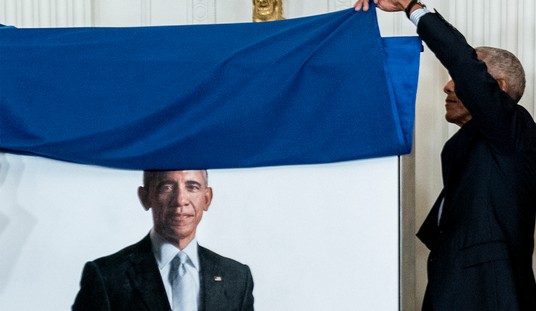A DEA special agent’s warning that implied Utah could be overrun with stoned rabbits feasting on marijuana buds if the state legalized medical marijuana made national news.
“I deal in science. I deal in facts,” said Special Agent Matt Fairbanks.
He is right. Animals do like marijuana, as evidenced by Sugar Bob, a pot-eating deer who has befriended a medical marijuana aficionado in Oregon.
But one of the Utah legislators debating the issue told PJM there are more serious concerns than the pink eyes of rabbits turning sleepy and red after a meal of marijuana.
Utah Senator Mark Madsen (R), who did not respond to a PJM request for comment, came close to admitting defeat March 2. He agreed to “circle” his proposal to legalize medical marijuana, which in Utah legislative parlance means it will be tabled until an undetermined time.
He doesn’t have a second to waste. The Utah Legislature’s General Session is scheduled to end March 12.
However, one of the loudest voices opposing the legislation, Sen. Todd Weiler (R), told PJM he could swing to Madsen’s side on this issue. But some changes are going to have to be made first to his fellow Republican’s proposal.
Weiler accused Madsen of “holding the bill in secret” until only a few days before it arrived on the Senate floor for debate. It came before the Senate Judiciary, Law Enforcement & Criminal Justice Standing Committee on Feb. 26.
“This bill introduces a small degree of highly regulated freedom to interested patients and willing doctors who think this might be an alternative or an augmentation for their treatment,” Madsen said as he introduced the bill.
“Personally, I think this is especially good as an alternative to opiates. We have seen that when this is available, overdoses go down — and that is a growing problem in our state.”
It was during that hearing Special Agent Fairbanks warned that animals, like rabbits in Utah, would learn to love eating field-grown marijuana buds.
“They will cultivate a taste for the plant,” he said.
Once it came to the Senate floor following committee approval, problems with the process continued, according to Weiler.
He said Madsen orchestrated the debate by allowing proponents almost unlimited time to speak, but only allowed opponents to speak for just a couple of minutes.
The debate was not entirely fruitless for opponents. Weiler said they did learn Madsen never talked to the Utah tax commissioner about his legislation.
Even though he was not able to rally support for the proposal that would allow the use of edible — not smokable — pot, Madsen, who guaranteed there are no “t-dyed t-shirts in this legislation,” does have the backing of most of the people in Utah if a new poll is to be believed.
The poll of 400 likely voters conducted Feb. 26-28 and sponsored by Libertas Institute — a group that wants to do away with mandatory school attendance and abolish the state income tax — and Drug Policy Project of Utah showed 72 percent approval of medical marijuana in Utah.
Seventy-seven percent of those surveyed objected to the idea of punishing people with serious illnesses who use cannabis to treat their conditions. And 66 percent said it should be legal for people with terminal illnesses to use drugs recommended by a doctor but not approved by the FDA.
Christine Stenquist, the president of Drug Policy Project of Utah, said she suffered through two decades of pain caused by a brain tumor and fibromyalgia. She began using cannabis therapies and is now pharmaceutical-free and active in her life again.
“Utahans deserve safe access to the relief provided by cannabis medicines,” Stenquist said. “I don’t want anyone else to have to give up 20 years of their life because of bad policy. Why wouldn’t you vote for compassion and care?”
Madsen pointed out Utah has the eighth-highest drug overdose rate in the nation, according to the U.S. Centers for Disease Control and Prevention. So, it’s not like Utahans don’t already have access to illegal narcotics.
“From a strictly compassionate perspective, why is government denying relief to citizens who can certainly benefit because others may potentially abuse it?” said Madsen.
It should also be noted that Utah is nearly an island of marijuana prohibition, with states on three sides — Nevada, Arizona, and Colorado — offering either legal medical or recreational marijuana.
In Colorado alone more than $700 million worth of marijuana was sold in 2014, according to the state’s Department of Revenue. Only 36 percent of that was for recreational use. The rest was medical marijuana.
Weiler stressed he could vote for a bill that would legalize medical marijuana in Utah “if it was done right.”
“I am not unsympathetic to the cause,” Weiler said. “But this would be a monumental shift in policy and the process of this bill had been horrible.”









Join the conversation as a VIP Member